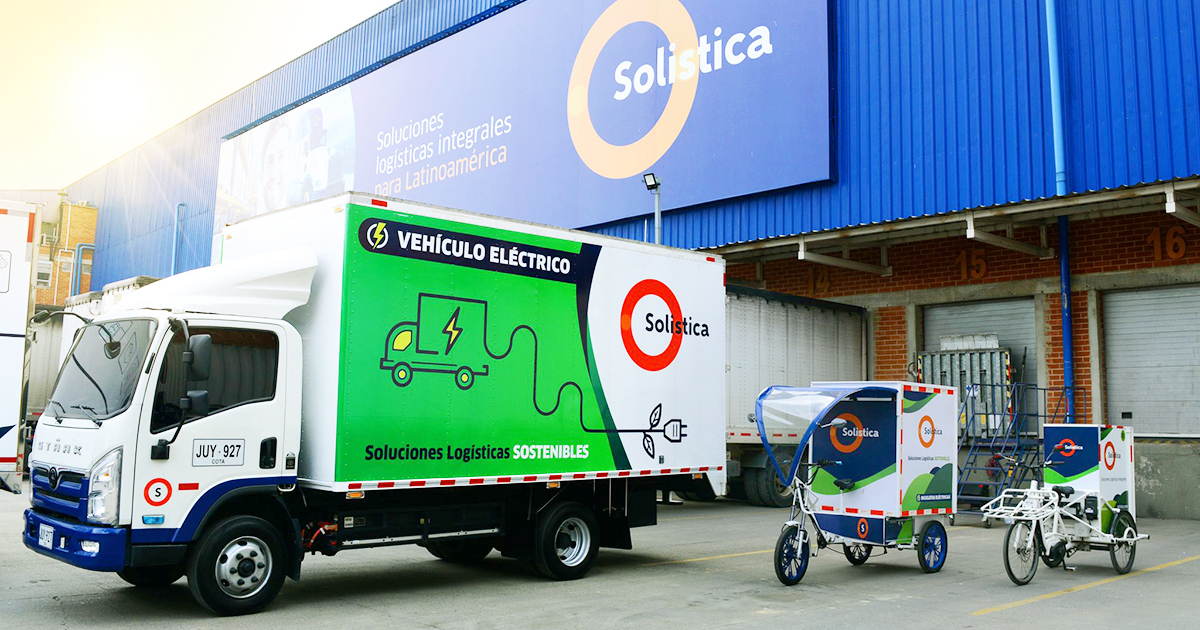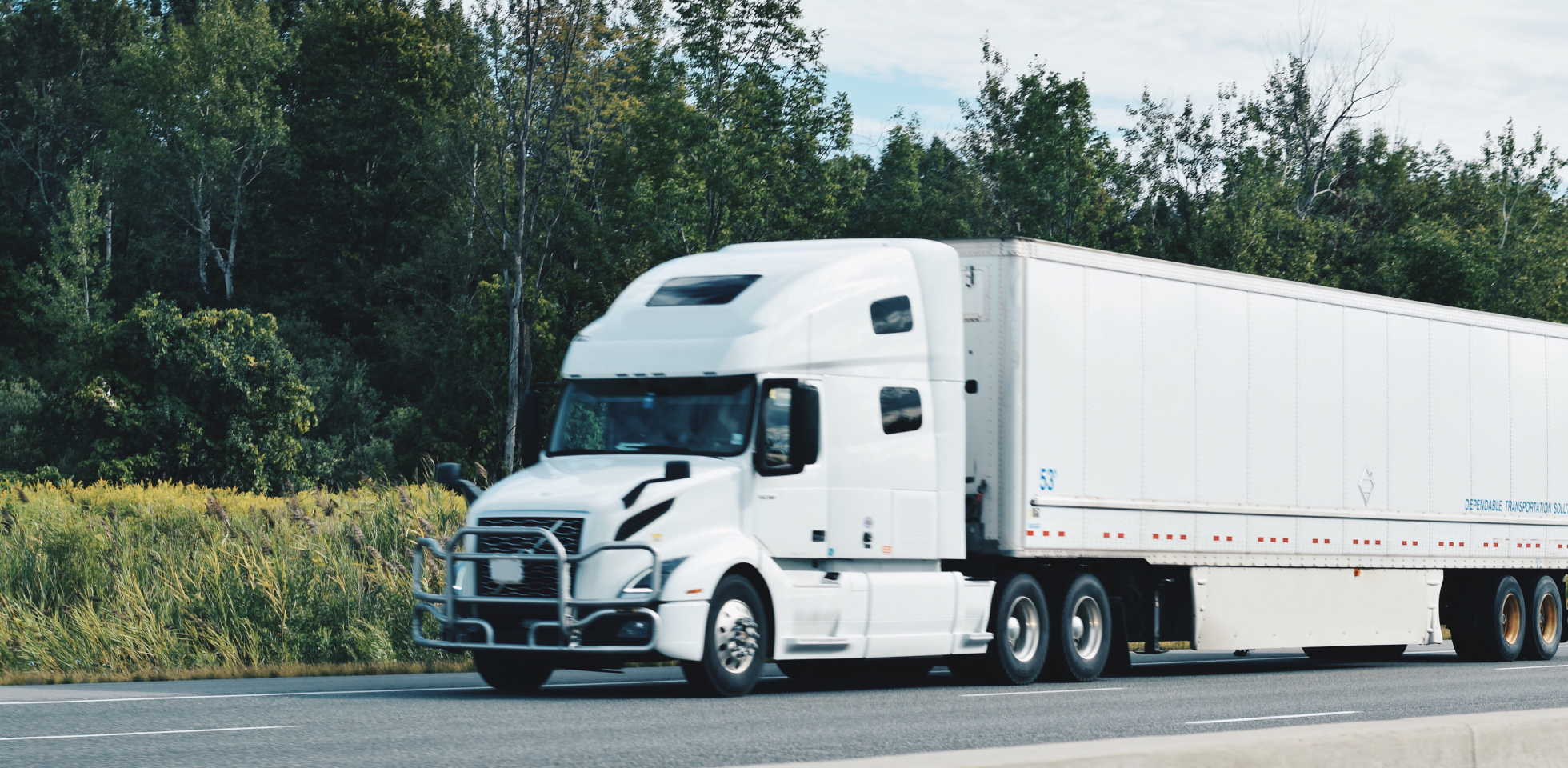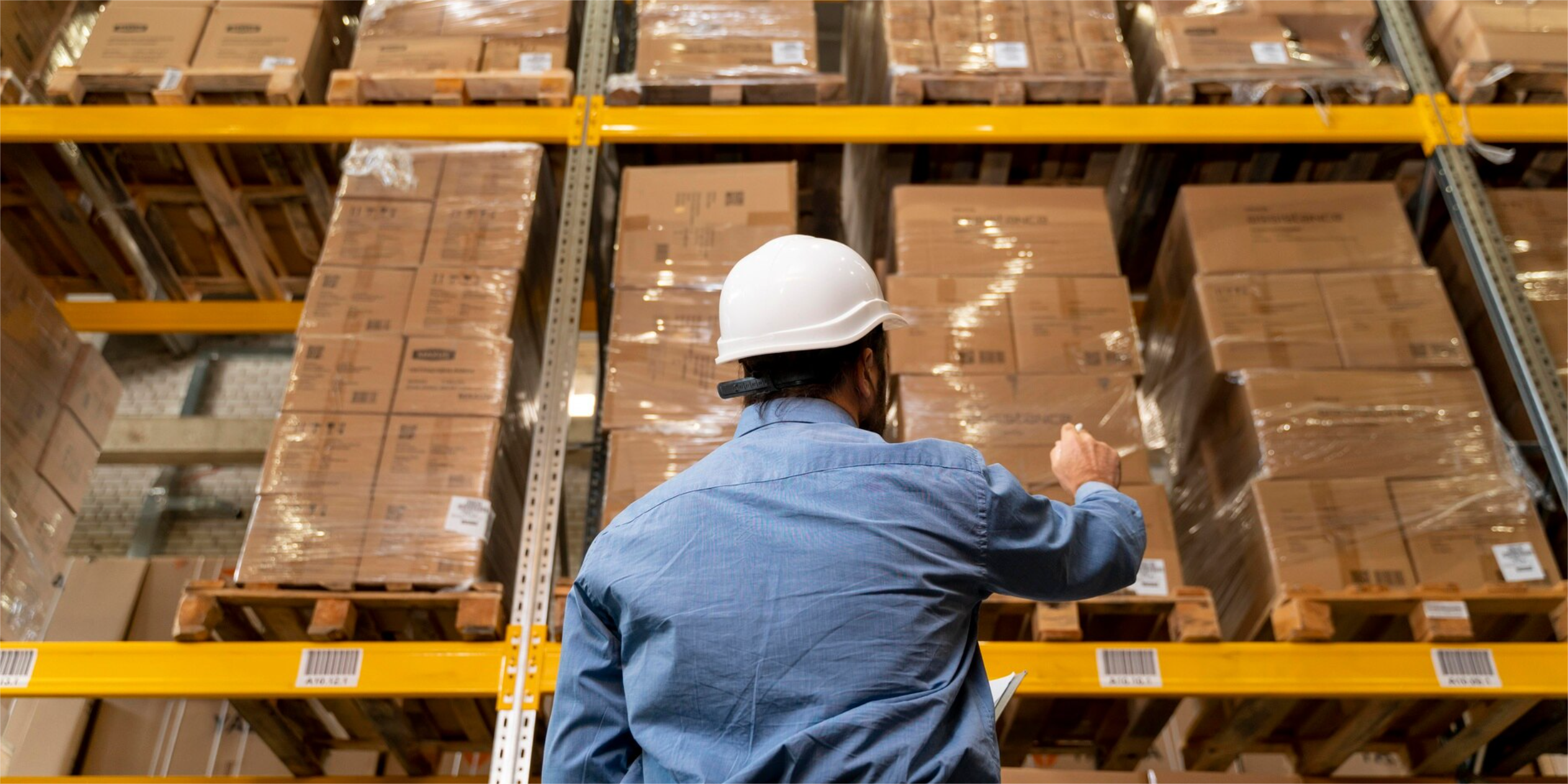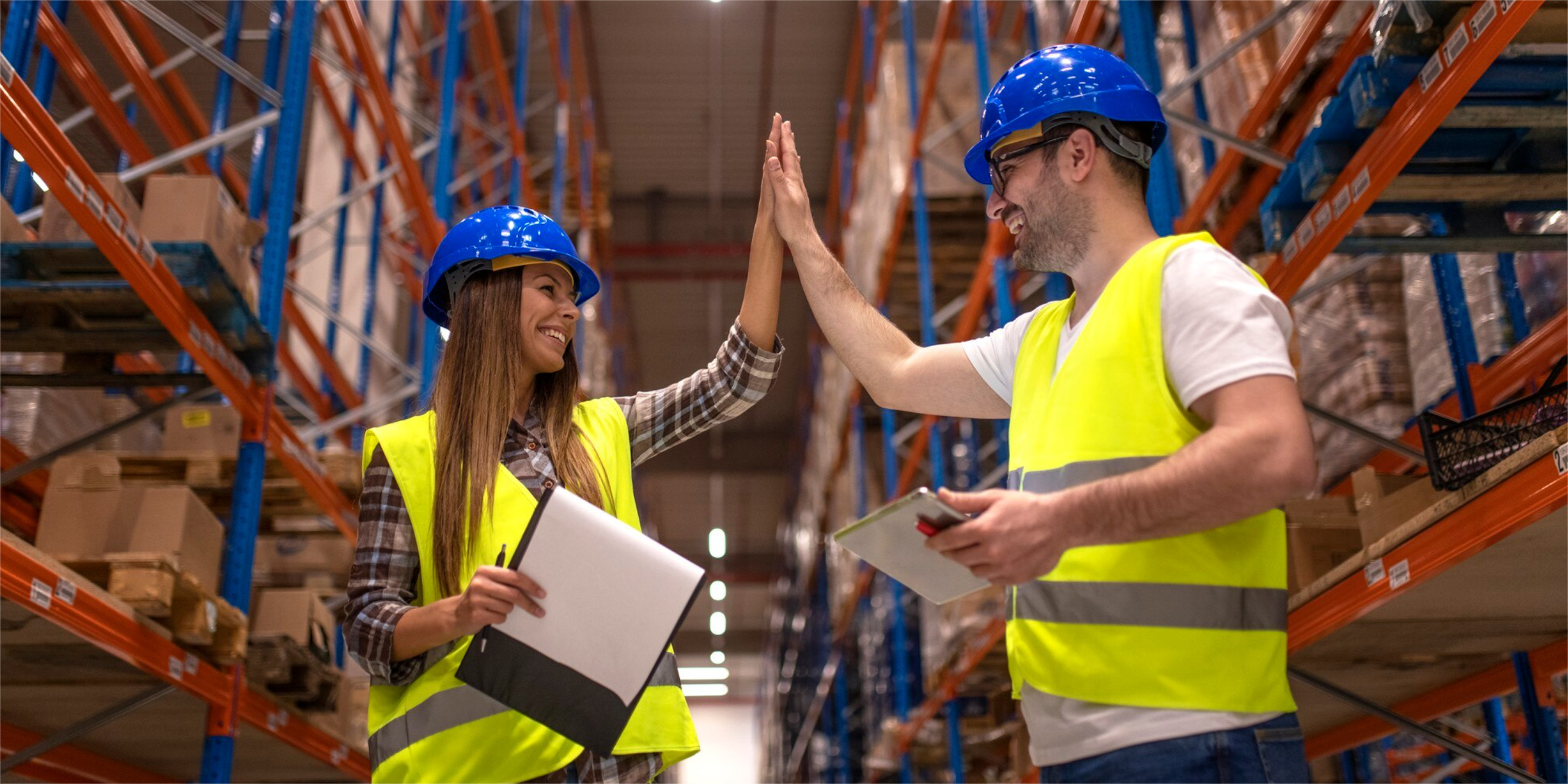Partly because of both social and legal requirements for better environmental practices, and partly because of their operational and economic advantages, more and more companies and carriers are acquiring electric vehicles either to incorporate them, or to fully replace combustion vehicle fleets.
Furthermore, given the need for these vehicles to generate data in a way that is compatible with their fleet management system, providing metrics to monitor and optimize their performance, telematics applications and fleet management software are moving to embrace these models and prepare for the transition to electric.
Some countries are even providing incentives through financial support and tax exemptions for this kind of shifts, which is the case of Spain and its recent Sustainable Mobility Law, which, after establishing mobility as a "social right", is creating grants for strategic projects related to electric vehicles, with expectations to reach 250,000 registrations by 2023.
Spain is a case of transition, that is, some other countries present much more advanced processes and very solid incentives to promote this technology, such as Norway.
What can be foreseen in the near future, then, is that this transition is inevitable and will happen eventually once electric fleets and their eco-friendly options such as electric cabs and bicycles offer a solution to some of the most pressing problems such as pollution and urban mobility.
The outlook in Latin America
Electric mobility represents another alternative to the region's efforts against climate change, as it would mean an approximate reduction of 1.4 Giga tons of CO2 and fuel savings close to 85 billion dollars for the 2016-2050 period, according to experts.
Especially because the transportation sector is responsible for 15% of greenhouse gas emissions in the region. In fact, 27 of the 33 countries in Latin America and the Caribbean have prioritized transportation to achieve their emission reduction goals, and although it is still in an early phase, public transportation is the fastest segment to go electric in the region.
With more than 400 units, Chile is distinguished as the largest fleet of electric buses in the region. On the other hand, Colombia is expected to incorporate almost 500 electric buses in its capital, Bogota, also Ecuador and Sao Paulo, Brazil, have already introduced electric buses in their urban fleets, just to mention a few examples. Santiago de Chile, Bogota, and Mexico City are, in fact, the cities that stand out for their greatest progress in the adoption of electric public transport buses in 2020
More than 6,000 new light electric vehicles were registered between January 2016 and September 2019 in Latin America and the Caribbean, according to the report Electric Mobility: Progress in Latin America and the Caribbean and opportunities for regional collaboration 2019, presented by the United Nations Environment Programme (UNEP).
It also calls on the region to prioritize the public transport to go electric, especially when upgrading aging bus fleets in large cities, and, moreover, it points to that electric mobility could encourage new investments and jobs in the region, which are nowadays key initiatives to the post-COVID-19 economic recovery.
The evolution of electric mobility in Mexico
In the case of Mexico, despite the fact that transportation is one of the largest emissions generators and energy consumption, the level of commitment is not very high on this issue, and although the sales of hybrid and electric vehicles have increased since 2016 those are still a very small fraction of the total, accounting for only 1.7% of it at the end of 2020.
However, progress has been made in this direction. In 2019, the Latam Mobility Summit was precisely held in Mexico City, a meeting on sustainable mobility where experts shared their knowledge regarding this emerging market and its future projection.
The Ministry of the Environment and Natural Resources of Mexico (SEMARNAT) developed the National Electric Mobility Strategy (ENME), with an agenda that aims to promote this strategy in the country and the goal of reducing, by 2030, from three to five million tons of carbon dioxide. Likewise, it is expected, also by 2030, that around half a million light vehicles and seven thousand electric cargo and passenger vehicles will be circulating in the country.
The nationwide initiative includes import and export tax exemptions, purchase tax exemptions for these types of vehicles, and in the case of private vehicles, on-street charging infrastructure, installation of home chargers and green license plates.
Also, investors on their own have put attention and made some actions to convert their fleets "from gray to green", and suppliers of these goods and services are offering new solutions to facilitate the fleets to become electric.
For example, Element Fleet Management, in alliance with Enel - an electromobility provider - launched in Mexico its new fleet of electric vehicles called Arc and it has developed a comprehensive system for electric fleets management from end-to-end, responding to the specific needs of customers and offering support to all processes, such as the design of pilot programs based on data and roadmaps, the installation of charging points, maintenance, remarketing vehicles at the end of their service life, and even training for vehicle operators.
Another example is Alke, whose electric utility vehicles for logistics and last mile operations have a high load capacity for different types of goods transportation.
Solistica and the capabilities of its electric fleet in Brazil
As a logistics service provider, Solistica's commitment to promoting sustainable development and preserving the environment is continually reinforced, and includes efforts such as mapping green areas and planting trees (more than 1,200 so far), capturing rainwater for washing uses, recycling, separating electronic waste, using LED lamps in all units, reducing average fuel consumption by 5.2%, using Bi-Train trucks that reduce CO2 emissions, and using telemetry, among others.
And of course, in line with these efforts, and in alliance with JAC Motors, the fleet has also been expanding with new models of electric trucks. Solistica's routes in Brazil currently counts on trucks which are 100% electric, with 250 km of autonomy, no noise, CO² emissions free, and which also generate less waste, due to their low use of fluid oils.
At this early stage, they are part of the distribution routes throughout the state of São Paulo, a region that accounts for a large share of retail deliveries. As a next step, the expansion of sustainable routes in our 3PL operations throughout Brazil is being considered to start in the second half of 2022.
Efforts are thus moving to ensure more sustainable deliveries, in one of the regions with the highest levels of pollution.







